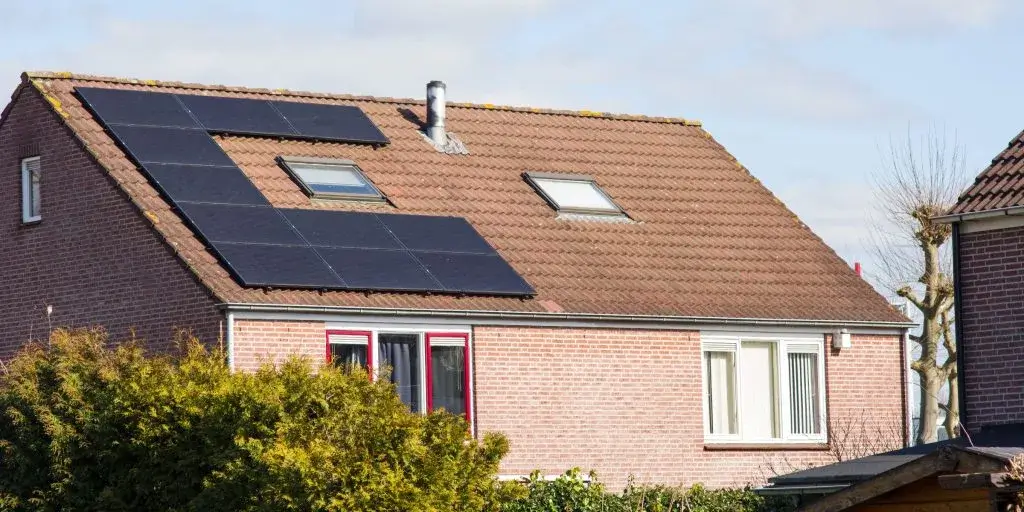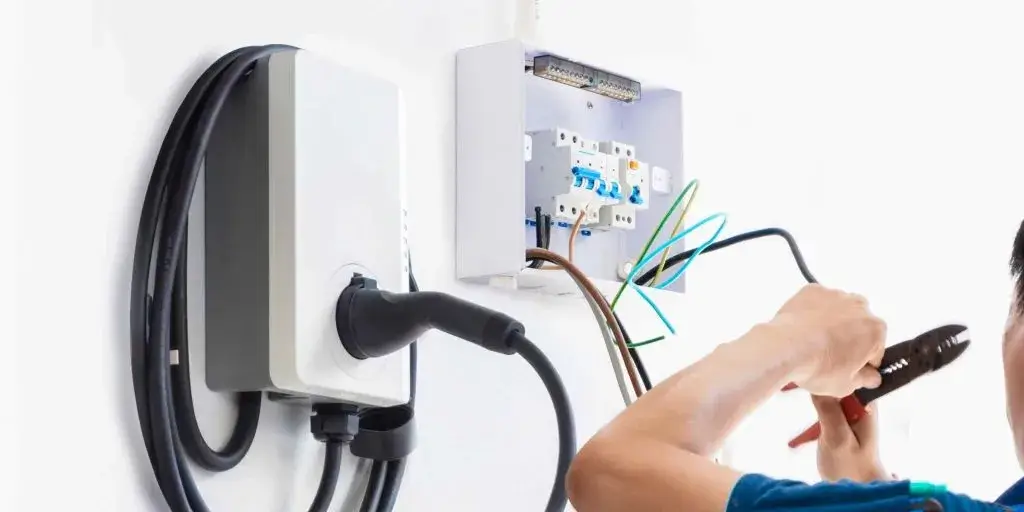Are you thinking about switching to solar energy but unsure if it truly delivers value, especially in Ireland’s often cloudy climate? Solar panels are growing in popularity thanks to their promise of clean energy, reduced bills and long-term sustainability.
Solar power systems generate electricity using sunlight, making them a renewable and environmentally friendly alternative to fossil fuels. In Ireland, where energy prices are rising and climate goals are becoming stricter, solar panels are an increasingly attractive option for homeowners and businesses alike.
However, understanding how well solar performs in our unique weather conditions is essential before making an investment. In this blog, we will answer the question Is solar power effective? by exploring how solar panels work in Ireland, what return you can expect and how to maximise your energy savings with smart planning.
How solar panels work in Ireland?
Solar panels, also known as photovoltaic (PV) systems, work by turning sunlight into electricity using special materials. When sunlight hits the panel, it creates an electric charge that produces direct current (DC) electricity. This electricity is then changed into alternating current (AC) by an inverter so it can power your home or business.
In Ireland, even though the weather is often cloudy, solar panels still work well. Today’s solar technology is made to perform in low or soft sunlight, which is common here. On average, Ireland gets 1,100 to 1,200 kilowatt-hours (kWh) of solar energy per square metre each year, which means solar panels can produce a useful amount of electricity across all seasons.
Is Solar Power Effective?
Yes, solar power is effective and has proven to be a viable and sustainable source of electricity. The effectiveness of solar power is influenced by several factors, including location, system design, efficiency of solar panels, and advancements in technology. Here are key points highlighting the effectiveness of solar power:
Renewable and Sustainable
Solar power is a renewable energy source, relying on the sun’s energy, which is abundant and inexhaustible. Using solar energy contributes to a sustainable and environmentally friendly approach to electricity generation.
Reduced Greenhouse Gas Emissions
Solar power systems produce electricity without emitting greenhouse gases, helping reduce the effects of climate change. Unlike fossil fuels, solar energy generation does not contribute to air pollution or carbon dioxide emissions during operation.
Energy Independence
Solar power allows individuals, businesses, and even entire nations to reduce dependence on non-renewable energy sources. This promotes energy independence and resilience against fluctuations in fossil fuel prices.
Decreased Electricity Bills
Homeowners and businesses with solar power systems often experience a reduction in electricity bills. Solar panels generate electricity during the day, offsetting the need to purchase electricity from the grid.
Incentives and Rebates

Many governments and utilities offer financial incentives, tax credits, and rebates to encourage the adoption of solar power. These incentives can significantly reduce the initial costs of installing solar power systems.
Technological Advancements
Ongoing advancements in solar technology have improved the efficiency and cost-effectiveness of solar panels. Innovations in materials, manufacturing processes, and system design contribute to increased performance.
Net Metering
Net metering allows solar power system owners to feed excess electricity back into the grid in exchange for credits. This helps offset electricity costs during periods of low sunlight or at night when the solar panels are not generating electricity.
Versatility
Solar power can be deployed in various scales and applications. It can be used for residential, commercial, and industrial purposes. Solar panels can be installed on rooftops, as ground-mounted arrays, and even as part of large solar farms.
Off-Grid Solutions
Solar power systems with energy storage (batteries) can provide off-grid solutions, especially in remote areas where traditional power sources may be unavailable or impractical.
Job Creation
The growing solar industry contributes to job creation in manufacturing, installation, maintenance, and research and development. The demand for skilled workers in the solar sector continues to increase.
How to Maximise Your Energy Savings in Ireland?
To get the best value from your solar panel investment, it’s important to use your electricity efficiently and take advantage of available supports. Here are some practical ways Irish homeowners and businesses can maximise energy savings with solar power.
Use electricity during daylight hours

Solar panels generate electricity during the day, so it’s best to run high-energy appliances like washing machines, dishwashers and water heaters when the sun is out. By aligning your usage with peak generation times, you reduce your reliance on the national grid and lower your electricity bills.
Install a battery storage system
A solar battery stores the excess energy your panels produce during the day. This stored energy can then be used at night or during low sunlight hours, helping you rely less on the grid and make the most of your solar energy throughout the day and evening.
Apply for SEAI solar grants
Homeowners in Ireland can apply for SEAI grants of up to €1,800 to support the cost of solar panel installation. These grants reduce your upfront investment and improve your overall return. Be sure to check eligibility and apply before planned reductions in funding take place.
Monitor your energy usage
Installing a smart energy monitor or app can help you track your real-time electricity production and usage. This allows you to spot energy-wasting habits, improve efficiency and fine-tune how and when you use solar power for even greater savings over time.
Conclusion
Solar power is a clean, renewable, and effective energy solution, even in Ireland’s cloudy climate. With advancements in technology, available SEAI grants, and rising energy prices, solar panels now offer real savings, energy independence, and environmental benefits. From understanding how solar works to knowing how to maximise savings with smart usage and battery storage, solar energy is not only practical but also a smart long-term investment.
If you’re ready to take control of your energy costs and explore how solar can benefit your home or business, contact My Power today for expert advice, customised solutions, and trusted installation in Ireland.
Frequently Asked Questions
Do solar panels work in Ireland’s cloudy weather?
Yes, modern solar panels are designed to work efficiently even in cloudy conditions. Ireland receives enough solar radiation to generate meaningful electricity year-round, especially during spring and summer months.
What grants are available for solar panels in Ireland?
The Sustainable Energy Authority of Ireland (SEAI) offers grants of up to €1,800 for domestic solar PV installations. These grants help reduce your upfront cost and improve return on investment.
What warranties are included with your solar panel systems?
At My Power, we provide comprehensive warranties to ensure your satisfaction. Our solar panels come with a 25-year product warranty and a 30-year performance warranty, while the Huawei inverters and batteries have a 10-year warranty. Additionally, we offer a 2-year workmanship warranty for all installations.
What kind of maintenance do your solar panels require?
Our systems are designed for minimal maintenance. We offer optional maintenance packages, including periodic inspections and panel cleaning, to ensure your system operates at peak efficiency for years to come.
Can I store solar energy for use at night?
Yes. By adding a battery storage system, you can store the extra electricity generated during the day and use it in the evening or during power cuts. This helps increase your self-consumption and lowers your dependence on the grid.
Will solar panels increase the value of my home?
Yes, solar panels can increase your home’s resale value. Properties with solar PV systems are more attractive to environmentally conscious buyers and typically receive a higher Building Energy Rating (BER), which can boost the market appeal and final selling price.





